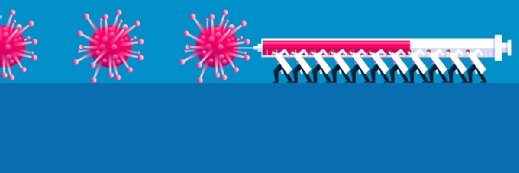
Getty Images
FDA approves biosimilars for macular degeneration, other eye diseases
The FDA approved Yesafili and Opuviz as interchangeable biosimilars for Eylea to treat multiple eye conditions, including macular degeneration.
On Monday, the United States FDA approved the first interchangeable biosimilars for Eylea: Yesafili and Opuviz. These medications can treat neovascular (wet) age-related macular degeneration, macular edema following retinal vein occlusion, diabetic macular edema, and diabetic retinopathy.
Eylea (aflibercept) is an FDA-approved biologic that inhibits vascular endothelial growth factor (VEGF), preventing abnormal blood vessel growth and slowing down or reducing retinal damage. The drug, which Regeneron manufactures, was initially approved in November 2011 for wet age-related macular degeneration. Since its initial approval, its indications have been expanded to include diabetic macular edema, macular edema following retinal vein occlusion, diabetic retinopathy, and retinopathy of prematurity.
While the frequency of injections varies depending on the treated condition, Eylea is delivered as a 2 mg intravitreal injection. Drugs.com estimates that the cost of Eylea is $1,958 per dose.
The two newly approved biosimilars, Yesafili (aflibercept-jbvf) and Opuviz (aflibercept-yszy), are so similar to Eylea that they can be used interchangeably. Yesafili is manufactured by Biocon Biologics, while Opuviz is manufactured by Samsung Bioepis. Both biosimilars are delivered as a 2 mg intravitreal injection.
According to the FDA announcement, approving these products as interchangeable biosimilars indicates that they have no clinically meaningful differences from the reference products.
“An interchangeable biosimilar is a biosimilar that has met other requirements under the law and may be substituted for the reference product without consulting the prescriber. The substitution may occur at the pharmacy, subject to state pharmacy laws which vary by state, a practice commonly called ‘pharmacy-level substitution’ — similar to how generic drugs are substituted for brand name drugs,” notes the FDA in the announcement.
In this case, Yesafili and Opuviz were evaluated by comparing multiple lots of the biosimilar to multiple lots of reference products, which revealed that the medications were structurally and functionally similar. Additionally, the companies manufacturing the biosimilars submitted comparative clinical data proving these products had efficacy, safety, and immunogenicity similar to the reference product.
While the cost of the biosimilars has not been released, the increased competition will likely offer more affordable and accessible treatment options.






